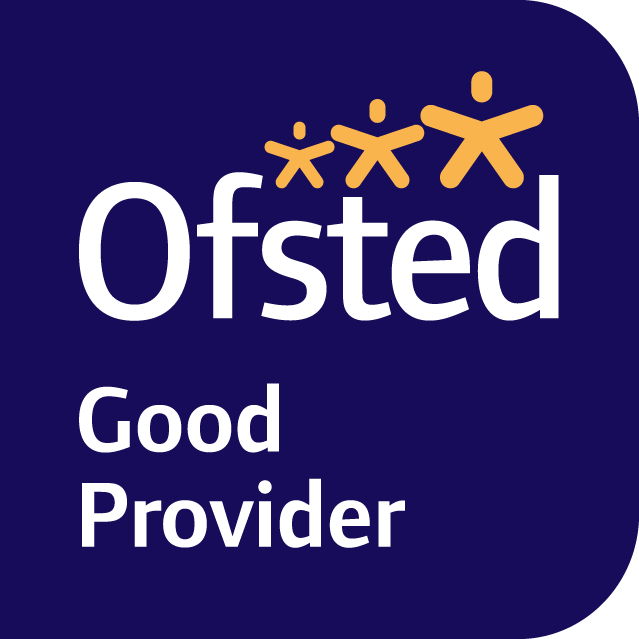- Home
- Academic
- Personal Development
Personal Development
Personal Development (PD) is a combination of learning and experiences designed to help our students lead happy and healthy lives, both now and in the future. It is delivered through lessons, but also through assemblies, the tutor programme, the careers programme, and extra-curricular programmes in each school.
Personal Development in our school is designed to reflect the three core values of our school. The table below outlines what these values mean in student-friendly language:
Respect: This is about being kind to yourself and to others. It means thinking carefully about how you speak and act towards your friends, teachers, family, people in our community, and people you might encounter online.
Determination: This is about trying your best and working hard even when you come across challenges in your life. These challenges could be linked to your subjects in school, but they could also be personal challenges, like dealing with disagreements with friends or preparing for your exams. It also means doing the right thing to the benefit of yourself and others.
Excellence: This is about achieving your personal best. This could be linked to school, but also to sport, performing arts, you hobbies, your future career, your fitness – or whatever it is that matters most to you.
PD lessons are the means by which we deliver learning in Personal, Social, Health and Economic Education (PSHE). The curriculum that forms the basis of these lessons has been developed in accordance with statutory guidance from the Department for Education, including the most recent Relationships, Sex and Health Education (RSHE) guidelines, Citizenship guidelines, Religious Studies guidelines, and the guidance produced by the PSHE Association. It represents the proactive element of our Personal Development programme: the knowledge our students need to make healthy and happy choices as they grow older, progress through school, and encounter challenges and opportunities in their social lives.
Assemblies and the tutor programme are also used to deliver proactive PSHE elements. However, these are also the means by which we deliver the reactive elements of our Personal Development programme: information or guidance that students require to help them navigate new issues and challenges that may arise locally, nationally or internationally and that are not already addressed through the proactive elements of the PD programme. The reactive curriculum is flexible and informed by student-level data our school, but also by events in the media and the wider world.
Proactive curriculum: the knowledge our students need to make healthy and happy choices as they grow older, progress through school, and encounter challenges and opportunities in their social lives, informed through statutory guidance and the programme of study produced by the PSHE Association.
Reactive curriculum: information or guidance that students require to help them navigate new issues and challenges that may arise locally, nationally or internationally and that are not already addressed through the proactive elements of the PD programme.
What do students learn in PD lessons (the ‘proactive’ curriculum)?
Learning in PD lessons is structured around six key questions:
- Who am I becoming?
- How can I look after myself?
- How can I look after others?
- What are my rights and responsibilities?
- How can I keep myself healthy?
- What could my future hold?
To ensure that students learn in an effective and sensitive manner, lessons in PD are guided by the following principles:
Learning is sequenced and interleaved: Students encounter the same key questions at the same point in the academic year between Years 7-11, but the content they encounter becomes progressively more mature and more complex. Through regular knowledge tests, students are tested on all areas of the curriculum that they have studied, not just what they have recently learned, and especially ‘unmissable content’. Where these tests reveal gaps in knowledge, teachers use RPE (recover – practise – extend) lessons to address them. This ensures that students retain the knowledge that is most important to their ongoing health and happiness.
Learning is cumulative: Important ideas that students encounter in earlier years become progressively more complex and more mature with time. In this way, what students know and what they understand about the topics in PSHE ‘deepens’ with time.
Learning is age appropriate: Students are given information that prepares them for the challenges and opportunities that they are likely to encounter at any given age, but in a manner that is sensitive and appropriate to their growth and development.
Year 7 Personal Development and PSHE Roadmap (2025)
Year 8 Personal Development and PSHE Roadmap (2025)
Year 9 Personal Development and PHSE Roadmap (2025)
Year 10 Personal Development and PSHE Roadmap (2025)
Year 11 Personal Development and PHSE Roadmap (2025)





